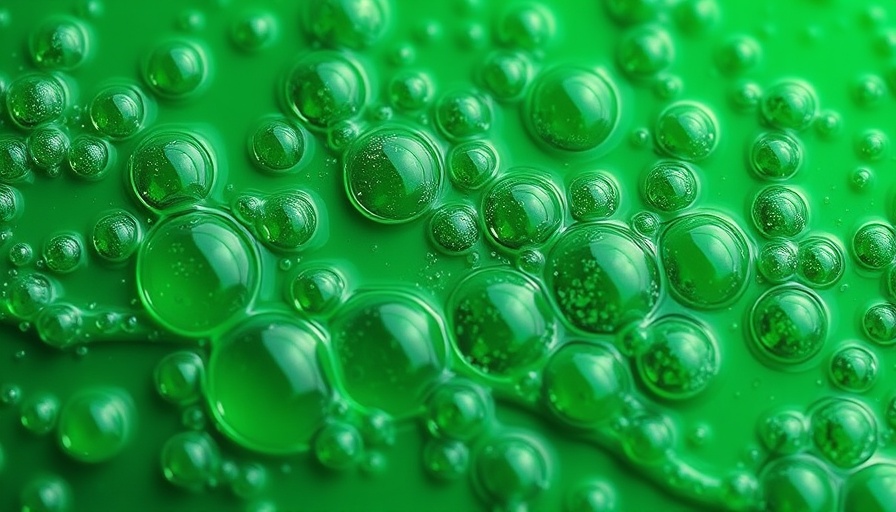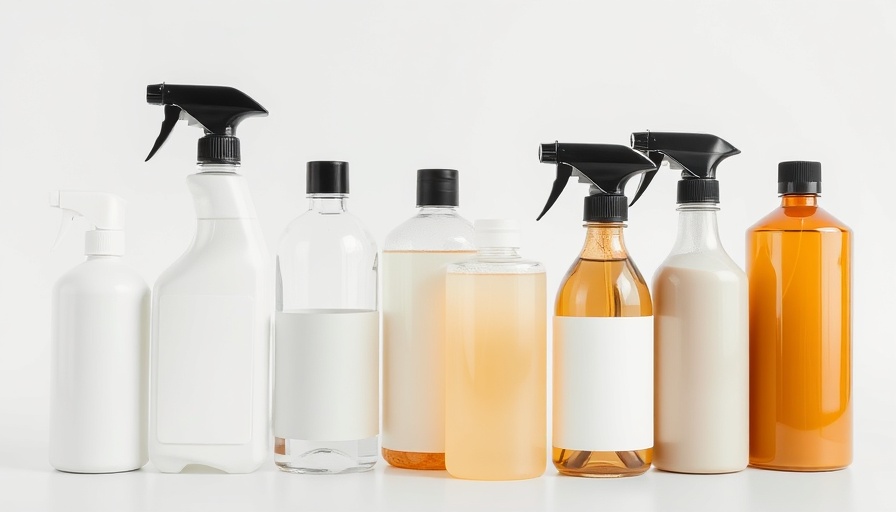
Are Emulsifiers Harming Our Gut Health?
In today’s Western diet, filled with processed foods, it's nearly impossible to avoid additives like emulsifiers, which are essential for maintaining the texture of many food products. Common emulsifiers such as carboxymethylcellulose and polysorbate 80 are designed to prevent oil and water from separating, but their impact on gut health raises concerns. With increasing evidence suggesting that these additives may harm our gut microbiome, it’s time we address their safety and long-term effects.
The Role of Emulsifiers in Processed Foods
Emulsifiers are prevalent in items like salad dressings, baked goods, and beverages, providing that appealing consistency we all enjoy. However, their widespread use coincides with rising rates of obesity and various chronic diseases. In fact, diets high in ultra-processed foods correlate with increased weight gain and gut issues.
What Research Reveals About Emulsifiers
While regulatory bodies deem emulsifiers safe based on their evaluations, emerging studies hint at potential risks associated with their consumption. Research has indicated that emulsifiers can alter gut permeability, leading to a condition commonly known as leaky gut. This change could result in increased absorption of harmful substances and inflammation in the gut.
Understanding the Scientific Gap
An alarming lack of human studies compounds the uncertainty surrounding emulsifiers. While rodent studies have shown that these additives can significantly change gut bacteria composition, the relevance of these findings to human health remains questionable due to the differences in gut flora between species. More research is urgently needed to assess their full impact on humans.
Considerations for Your Diet
With the growing evidence pointing to possible harm, consumers might want to be more mindful of emulsifiers in their food choices. Opting for minimally processed foods packed with whole ingredients might be a more beneficial route to support gut health, as healthy populations often thrive on diets low in additives and high in plant-based foods.
 Add Row
Add Row  Add
Add 




Write A Comment